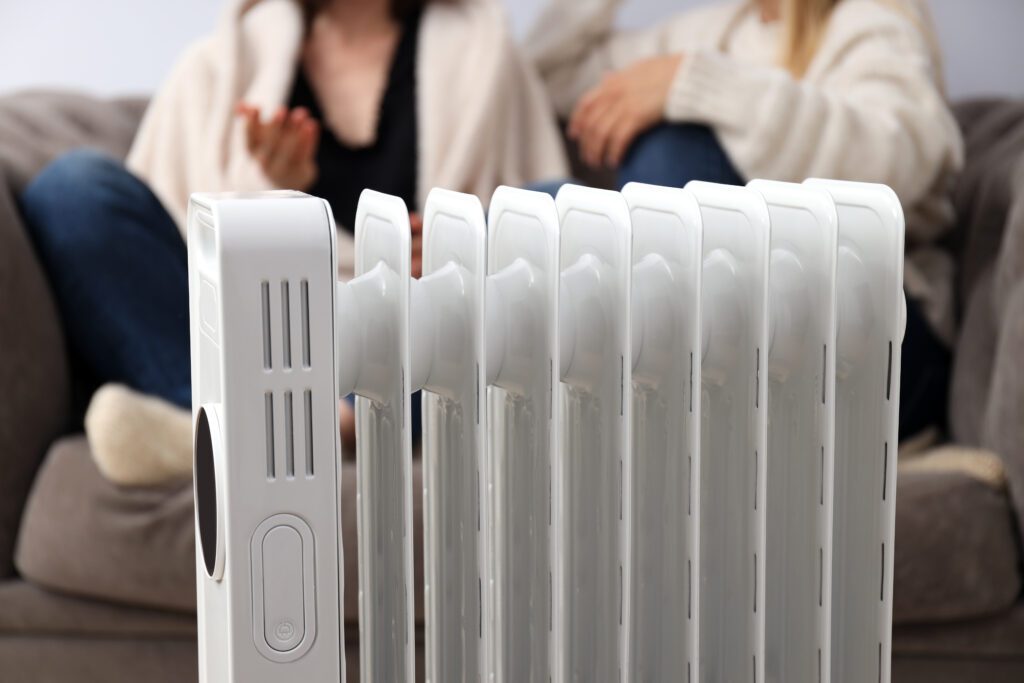As temperatures drop during the winter months in Martinsburg, residents need to ensure their homes are properly heated for comfort and safety. With various heating systems and practices available, understanding the essentials of home heating is critical. This article will provide a comprehensive guide on the do’s and don’ts of home heating to help residents make informed choices while enhancing safety and efficiency.
Understanding Home Heating Basics
Before diving into specifics, it is important to grasp the fundamentals of home heating. Heating systems are designed to maintain a comfortable indoor temperature, especially during harsh winters. This can involve various methods, including central heating, space heaters, and more. The choice of heating system can greatly influence not only the comfort level of a home but also its overall energy efficiency and environmental footprint.
Importance of Efficient Home Heating
Efficient home heating does not just ensure comfort; it also significantly reduces energy costs and environmental impact. An efficient system optimizes fuel use, ensuring that less energy is wasted. In addition to cost savings, efficient heating systems can enhance the longevity of the equipment, reducing the frequency of repairs and replacements. This is particularly beneficial for homeowners looking to minimize long-term expenses.
In Martinsburg, where winters can be long and cold, a well-functioning heating system contributes to better health and safety by preventing issues like frozen pipes and excessive humidity, which can lead to mold growth. Moreover, maintaining a consistent and comfortable temperature can improve sleep quality and overall well-being, making it essential for families to invest in reliable heating solutions. Understanding the balance between comfort, efficiency, and health can empower homeowners to make informed decisions.
Different Types of Home Heating Systems
Martinsburg residents can choose from several types of home heating systems:
- Furnaces: These systems can be powered by natural gas, oil, or electricity and distribute heat through ducts. They are known for their ability to heat large spaces quickly and effectively.
- Heat Pumps: These systems extract heat from the outside air or ground and can also provide cooling in the summer. They are particularly valued for their energy efficiency, as they transfer heat rather than generate it.
- Boilers: They heat water and distribute it through pipes, offering radiant heat through radiators. This method is often praised for its ability to maintain a consistent temperature and provide a cozy ambiance.
- Electric Heaters: Often used as supplemental systems, they provide heat through electrical resistance. While they can be less efficient for whole-house heating, they are ideal for small spaces or quick heating needs.
Each system has its pros and cons, and understanding these can guide homeowners in making the best choice for their needs. For instance, while furnaces may heat a home quickly, they can be less efficient than heat pumps in milder climates. Conversely, boilers offer a unique comfort level but may require more maintenance. Homeowners should also consider factors such as installation costs, available fuel sources, and existing infrastructure when selecting a heating system. Additionally, advancements in smart technology have made it easier to monitor and control heating systems, providing further opportunities for energy savings and enhanced comfort.
Do’s of Home Heating in Martinsburg
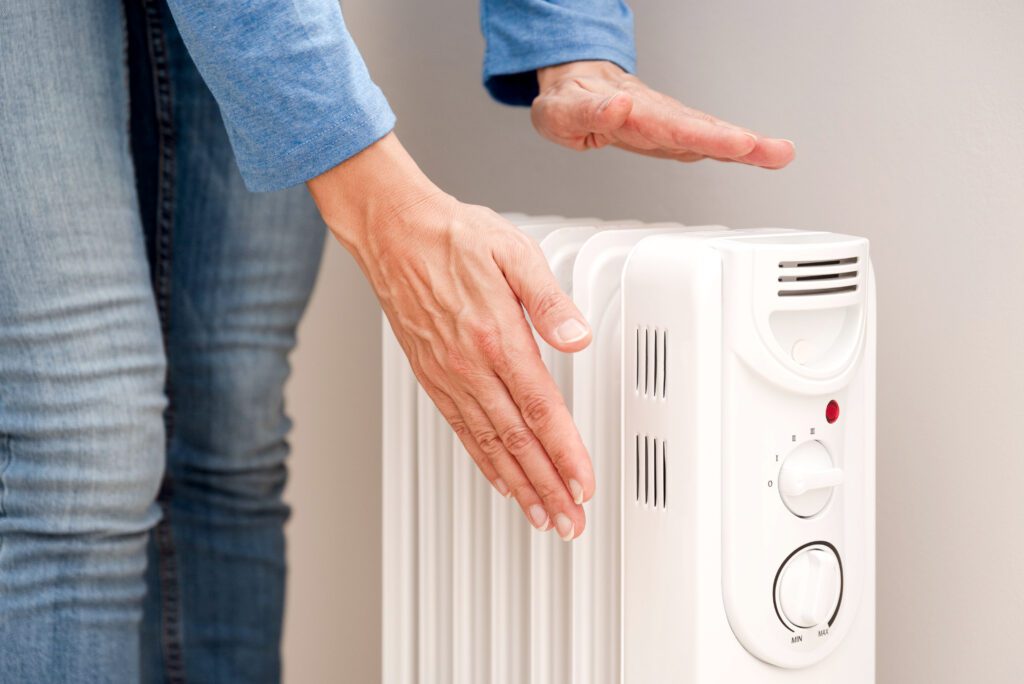
To maximize comfort and efficiency while minimizing risks, Martinsburg residents should adhere to specific practices during the heating season.
Regular Maintenance and Inspection
One of the foremost do’s of home heating is to schedule regular maintenance for your heating system. This includes examining filters, cleaning ducts, and checking for any signs of wear and tear.
Having a professional conduct an annual inspection allows homeowners to catch potential issues before they escalate into costly repairs or safety hazards. Regular maintenance can also extend the lifespan of the heating system. Moreover, it can enhance the overall air quality in your home, as clean ducts and filters reduce the circulation of dust and allergens, creating a healthier living environment for you and your family.
Energy Saving Practices
Energy efficiency is key for reducing heating costs. Some practices to consider include:
- Setting the thermostat lower when you’re away or sleeping.
- Using programmable thermostats for optimal temperature control.
- Sealing drafty windows and doors to prevent heat loss.
- Utilizing curtains and blinds effectively to retain heat.
By implementing these strategies, homeowners can enjoy a warm home while keeping energy bills manageable. Additionally, consider investing in energy-efficient appliances and insulation upgrades. Not only do these improvements contribute to lower energy consumption, but they can also increase the value of your home, making it more attractive to future buyers. The initial investment may pay off significantly in the long run through reduced utility bills and potential tax credits for energy-efficient upgrades.
Safe Use of Heating Systems
Safety should always be at the forefront when utilizing heating systems. Ensure that carbon monoxide detectors are installed and functioning properly. Additionally, regularly check and replace batteries as needed.
Always follow manufacturer guidelines for operation and keep flammable materials away from heating equipment. Regularly vent gas appliances to ensure proper air flow and prevent dangerous build-up. It’s also wise to familiarize yourself with the signs of carbon monoxide poisoning, such as headaches, dizziness, and confusion. In case of any symptoms, evacuate the area immediately and seek fresh air while contacting emergency services. Furthermore, consider having a fire extinguisher readily accessible in case of heating-related emergencies, and educate your family on its proper use to ensure everyone knows how to respond effectively in a crisis.
Don’ts of Home Heating in Martinsburg
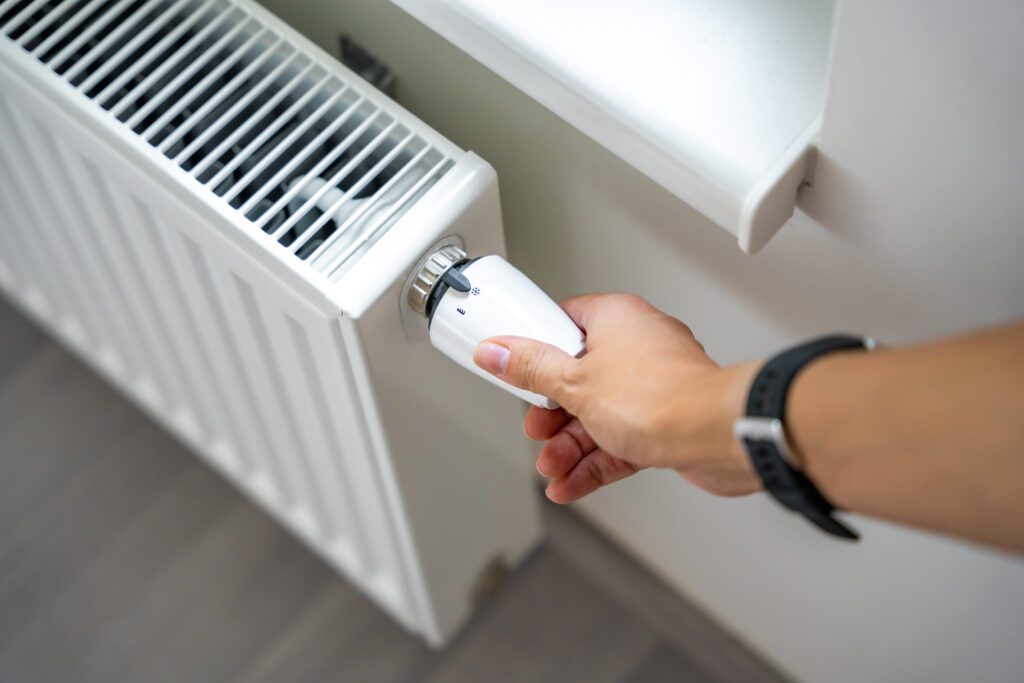
While there are many practices to adopt for successful heating, there are also several mistakes to avoid.
Common Mistakes in Operating Heating Systems
One frequent mistake is neglecting to change the air filter regularly. A dirty filter can obstruct airflow, making the system work harder and increasing energy costs. In addition to this, a clogged filter can lead to a buildup of dust and allergens in the home, which can adversely affect indoor air quality and trigger respiratory issues for sensitive individuals.
Another common error is using space heaters incorrectly or as a primary source of heat. Always follow safety instructions and turn them off when leaving a room or going to bed. It’s also crucial to ensure that space heaters are placed on flat, stable surfaces and kept away from any furniture or curtains to prevent accidental fires. Using a space heater that is not equipped with an automatic shut-off feature can further increase the risk of accidents.
Unsafe Practices to Avoid
Homeowners should never ignore the warning signs of a heating system malfunction. Unusual noises, fluctuating temperatures, or strange smells should prompt an inspection. Ignoring such signs can lead to dangerous situations. For instance, a persistent hissing sound might indicate a gas leak, which is a serious hazard that requires immediate attention from a professional technician. Regular maintenance checks can help identify potential issues before they escalate into costly repairs or safety risks.
Furthermore, never place anything flammable near heating sources or block heating vents, as this can lead to fire hazards and inefficiency. It’s also advisable to keep combustible materials, such as paper, clothing, and cleaning supplies, at a safe distance from heaters and furnaces. Additionally, using a carbon monoxide detector is essential, especially if your heating system relies on gas. This device can alert you to dangerous levels of carbon monoxide, which is colorless and odorless, making it particularly insidious in poorly ventilated spaces.
Tips for Choosing the Right Heating System
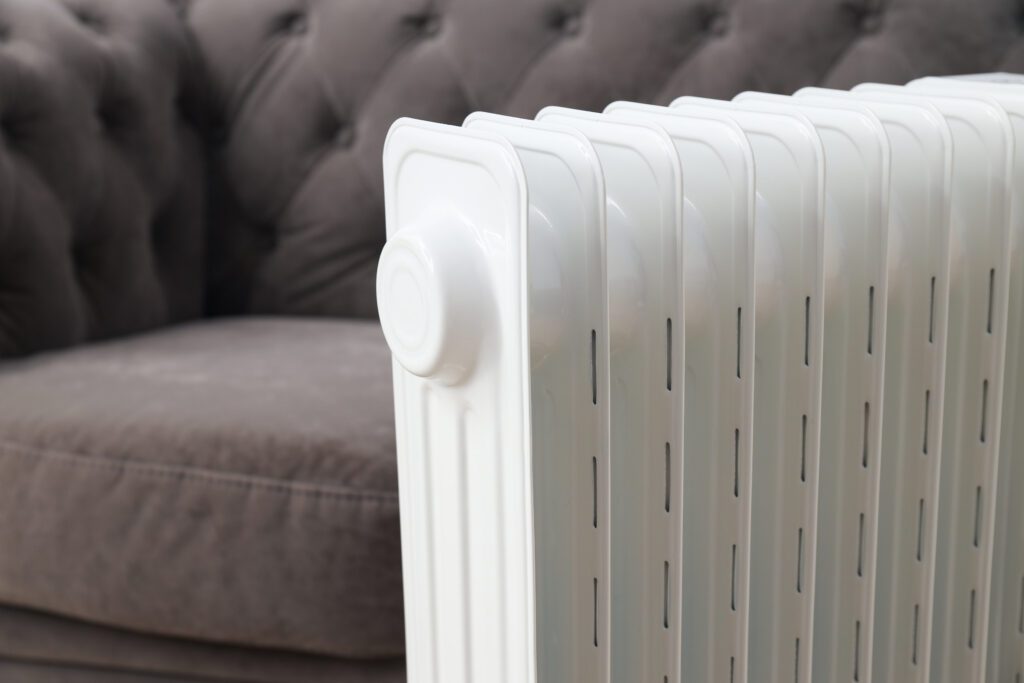
When selecting a heating system, it is important to consider various factors to ensure it suits your home’s needs efficiently.
Factors to Consider When Buying a Heating System
Here are some key considerations:
- Energy Efficiency Ratings: Look for systems with high energy efficiency ratings to save on fuel costs.
- Size and Capacity: Ensure the system is appropriately sized for your home to avoid inefficiency.
- Cost: Evaluate both initial and long-term costs, including installation and maintenance.
- Comfort Features: Choose systems that align with comfort preferences, such as zoned heating or programmable thermostats.
Understanding the Climate of Martinsburg, WV
Martinsburg experiences a humid continental climate, characterized by cold winters and warm summers. This climate has implications for heating needs, requiring reliable systems capable of withstanding prolonged use during winter.
The typical snowfall can also influence the choice of heating systems, as homes may require faster heat-up rates post-snow accumulation. Understanding local climate conditions is critical for making the right heating choice.
In addition to the cold winters, Martinsburg residents should also consider the humidity levels during the summer months. A heating system that can effectively manage humidity can enhance overall comfort in the home year-round. For instance, some systems come equipped with dehumidification features, which can help maintain a balanced indoor environment, preventing issues such as mold growth or discomfort due to excessive moisture.
Moreover, the age and insulation quality of your home play a significant role in determining the most suitable heating system. Older homes may have drafts or insufficient insulation, leading to heat loss. In such cases, it might be beneficial to invest in additional insulation or to choose a heating system that compensates for these inefficiencies, ensuring that your home remains warm and energy costs remain manageable during the harsh winter months.
How to Handle Heating System Emergencies
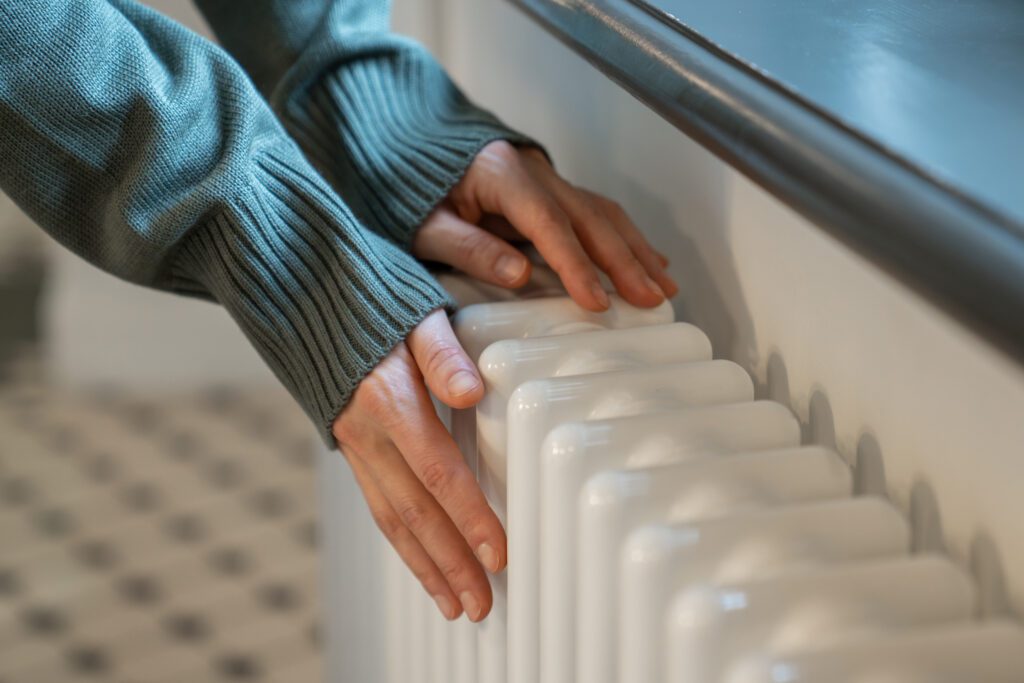
Even with proper care, emergencies can still happen. Knowing how to respond quickly can mitigate damage and ensure safety.
Recognizing Signs of Heating System Problems
Common signs of issues include strange noises, unusual smells, and inconsistent heating throughout the home. If the system won’t start or often trips power, these are clear indicators of problems that need attention. Additionally, homeowners should be vigilant about noticing any sudden spikes in energy bills, which could suggest that the heating system is working harder than it should due to inefficiencies or malfunctions. Regularly checking the thermostat settings and ensuring they align with your comfort levels can also help in identifying discrepancies early on.
When to Call a Professional
Homeowners should not hesitate to contact a professional when they notice serious irregularities. A licensed technician can diagnose issues effectively and make necessary repairs or replacements. It’s important to choose a technician who is familiar with your specific heating system type, whether it’s a furnace, heat pump, or boiler, as each has unique components and potential issues. Furthermore, during peak winter months, response times may vary, so having a trusted technician on speed dial can save valuable time in an emergency situation.
In some cases, it may also be prudent to seek help for routine maintenance to ensure the heating system operates safely and efficiently throughout the winter. This includes tasks such as changing air filters, checking for leaks, and cleaning ducts, which can prevent larger issues from developing. Homeowners should consider scheduling these maintenance checks at least once a year, ideally before the colder months set in, to ensure their heating system is in optimal condition. Keeping a detailed log of any repairs or maintenance performed can also be beneficial for both the homeowner and the technician in diagnosing future problems.

